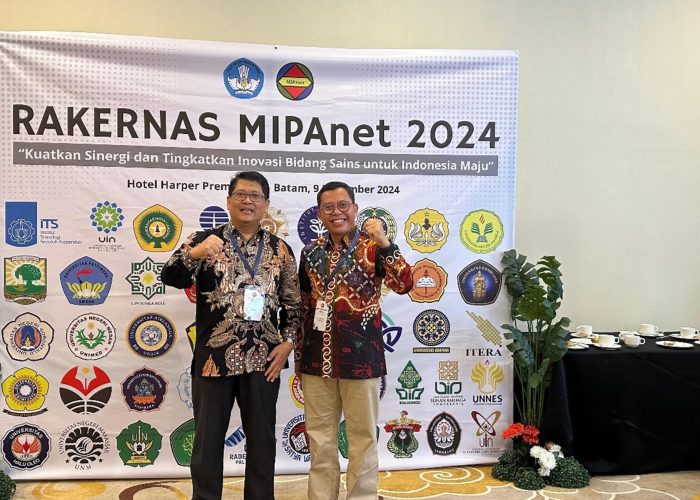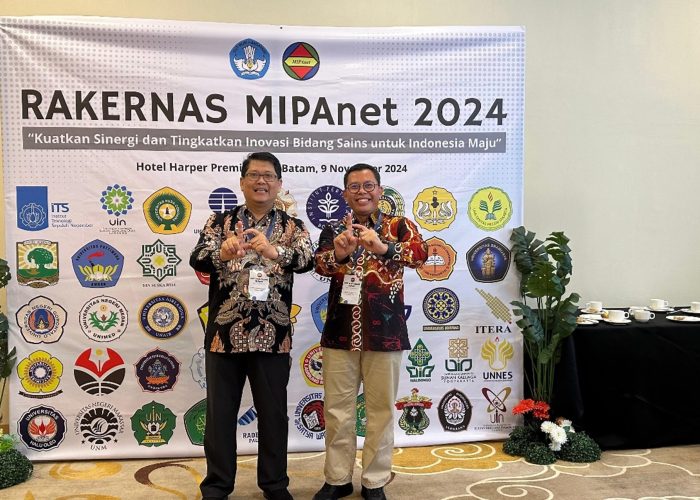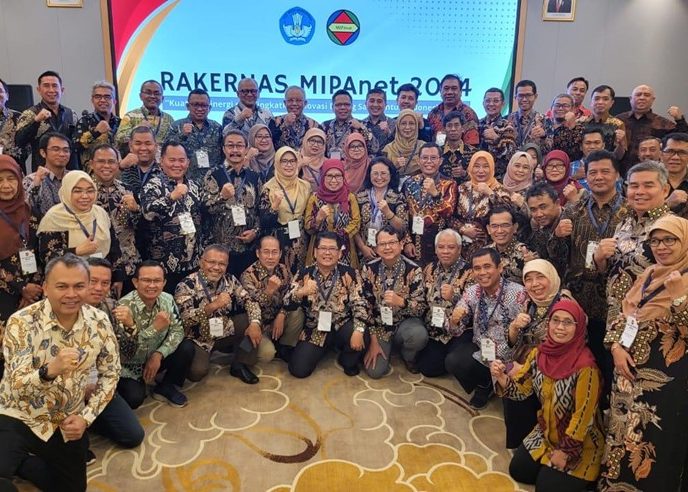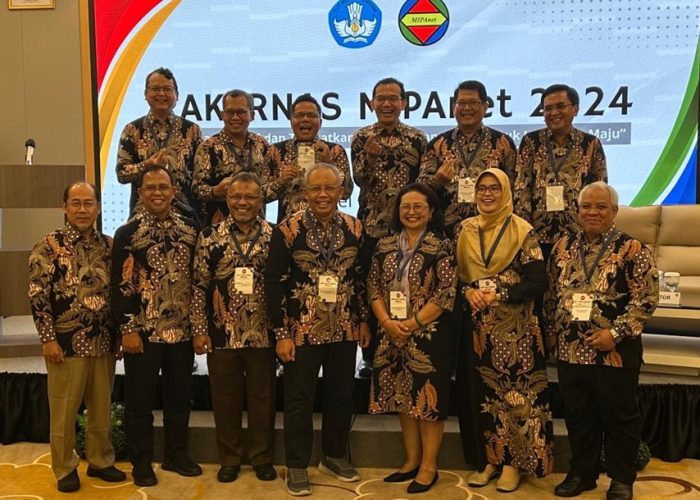[Prepared by the Research Day Committee]
News Release Friday, 15 November 2024
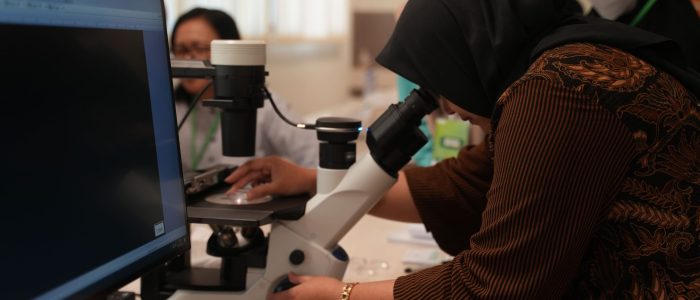
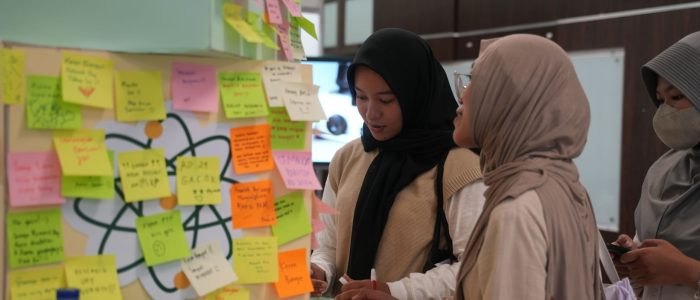
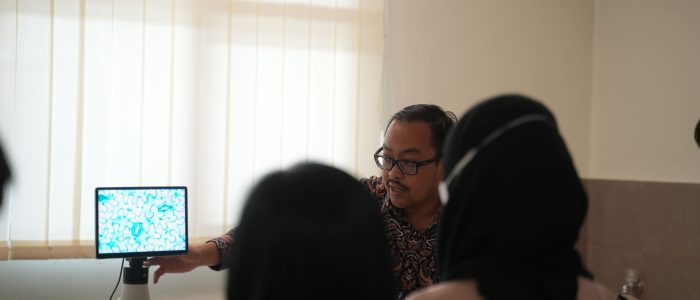
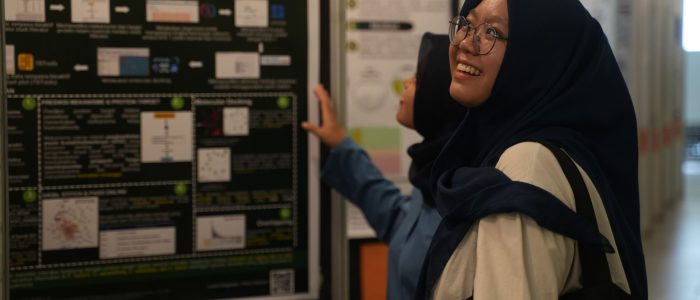
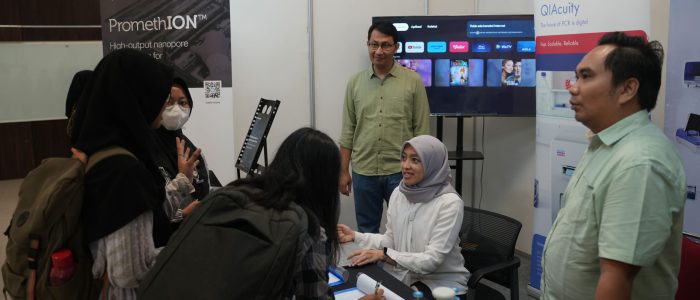
News Release Friday, 15 November 2024

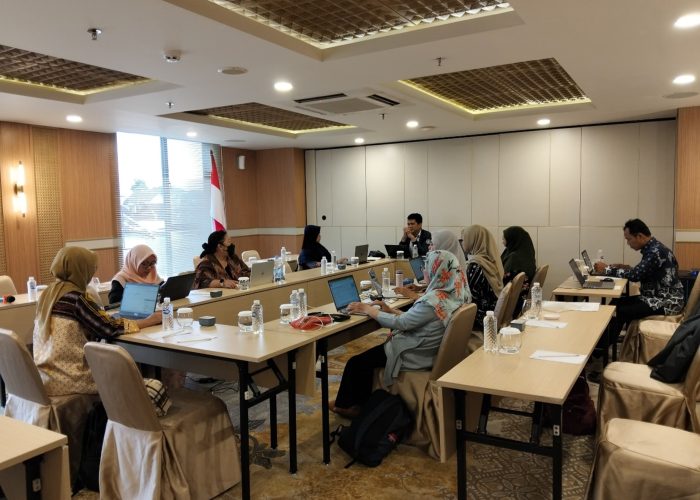
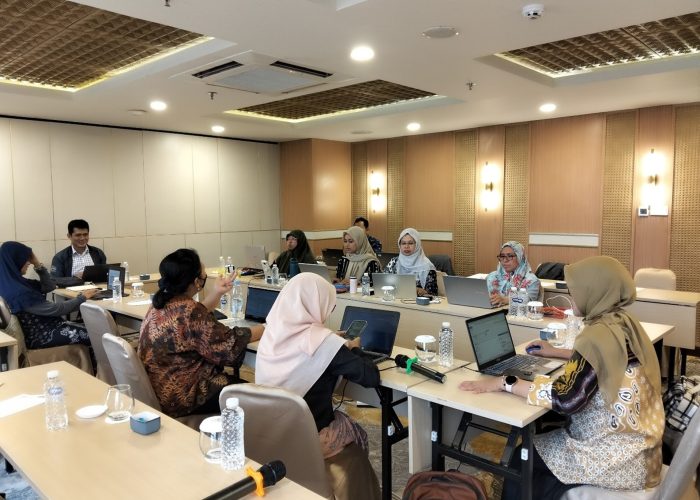
News Release Friday, 15 November 2024
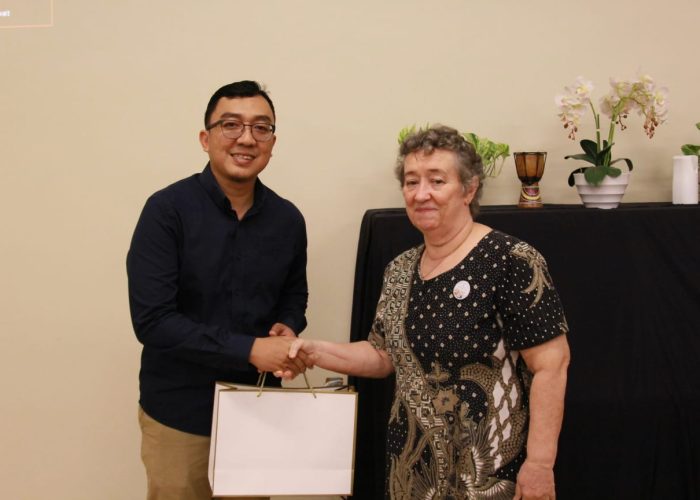
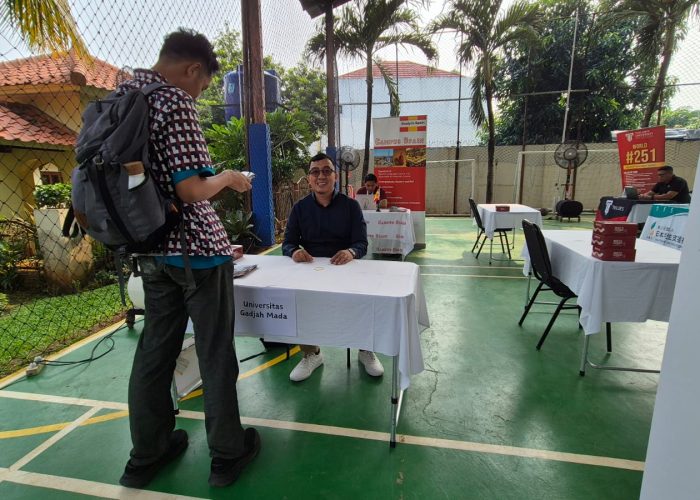
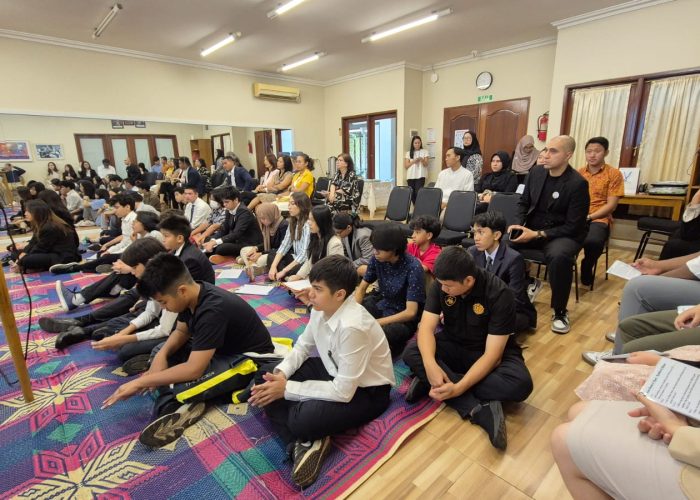
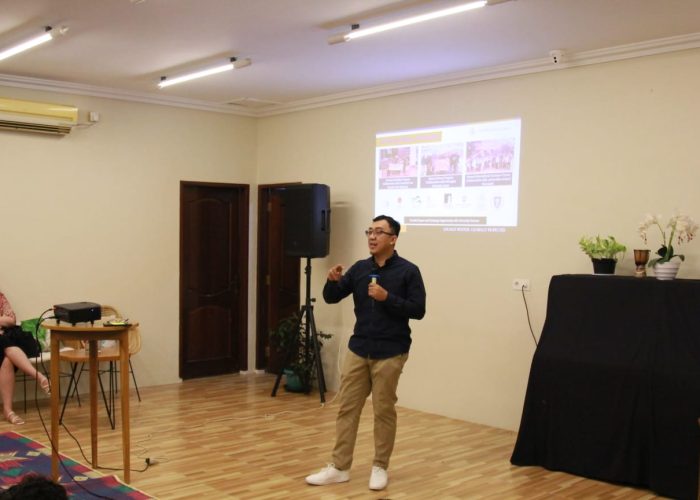

[Aulia]
News ReleaseStudent Activities Thursday, 14 November 2024
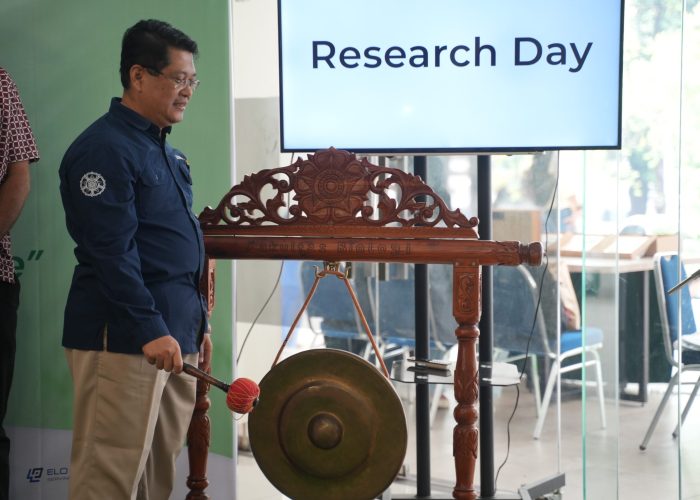
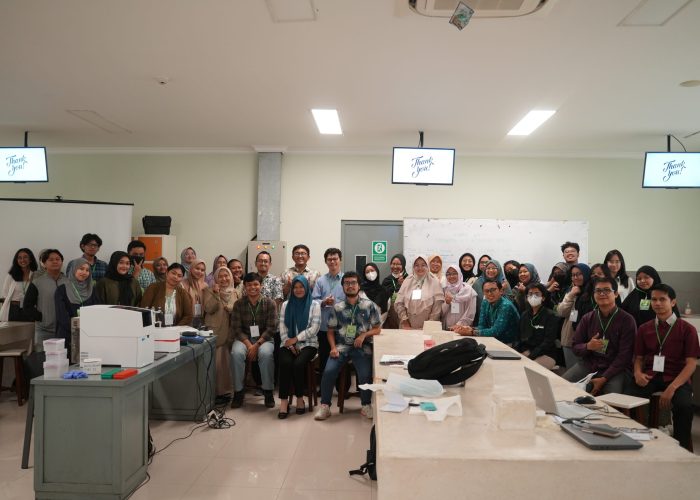
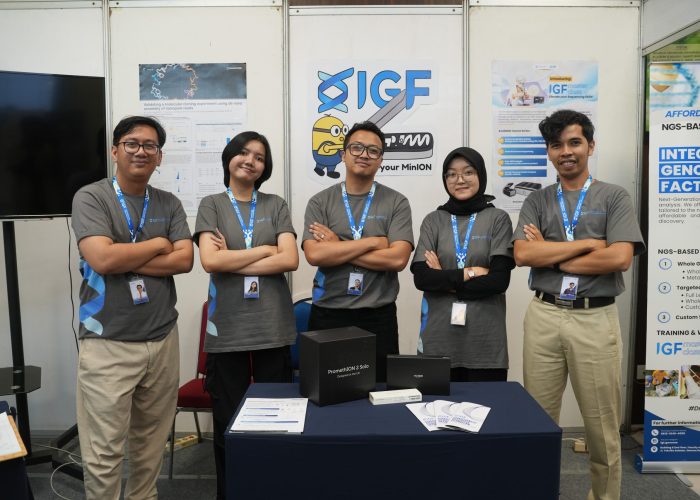
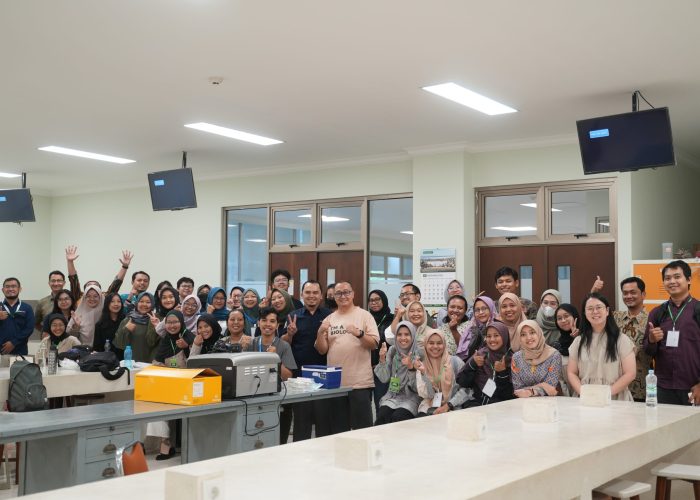
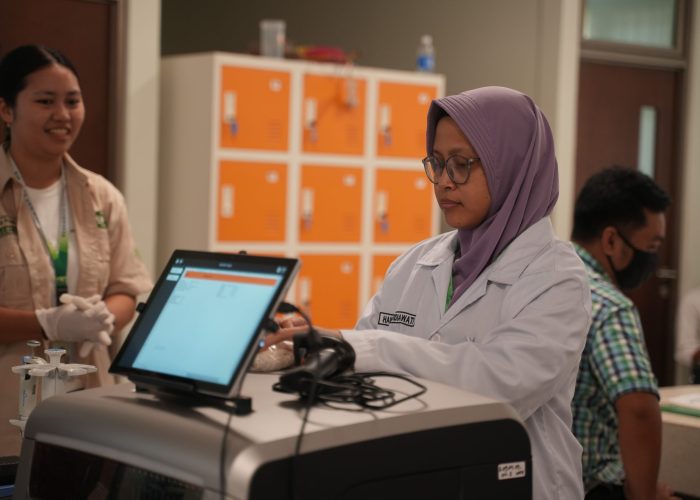
[Written by the Research Day Committee]
News Release Thursday, 14 November 2024
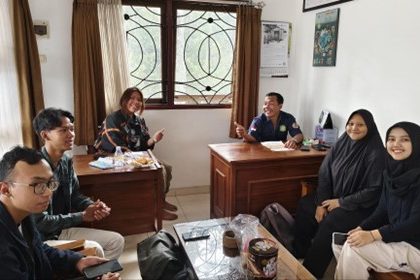
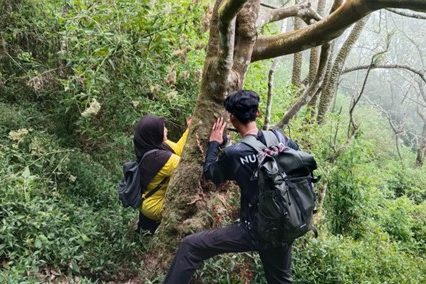
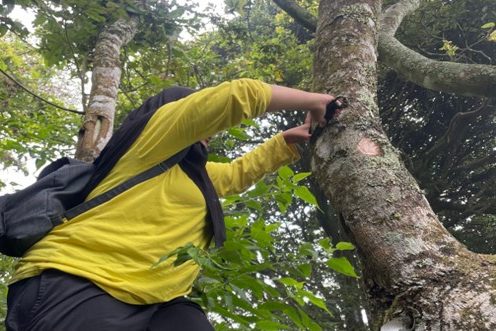
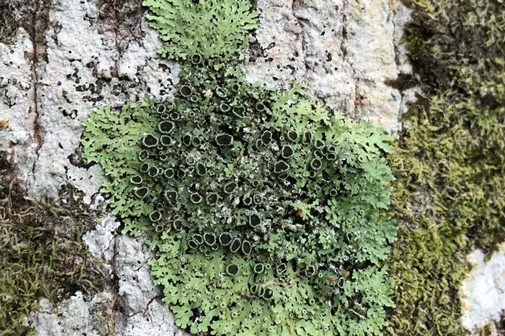
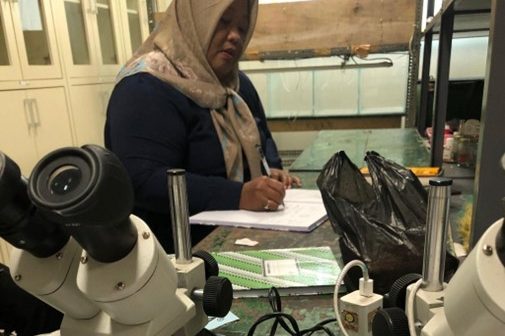
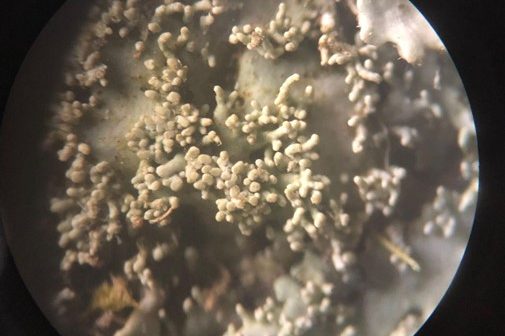
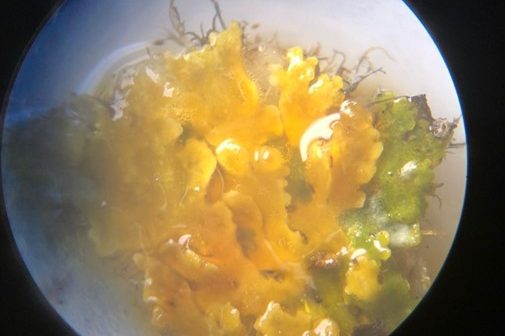
(Written by: Ananda Briliana Romadhona, Irfan Agus Nugroho, Laila Nurul Ilma)
News Release Thursday, 14 November 2024
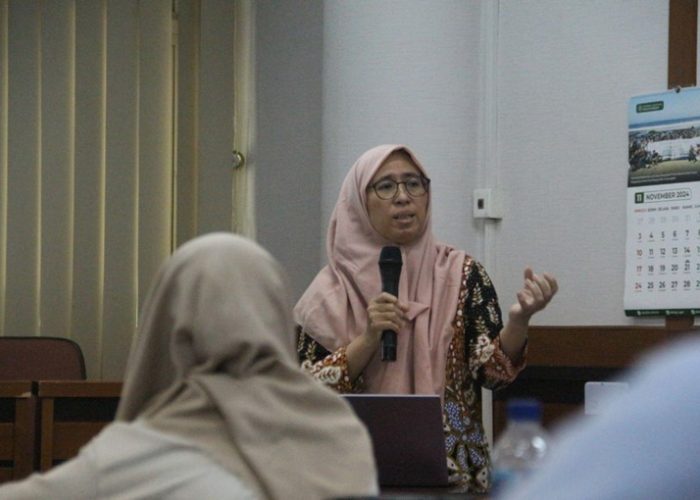
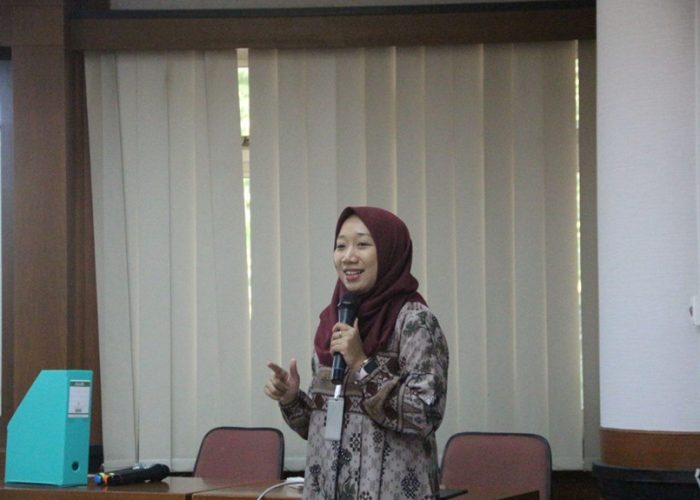
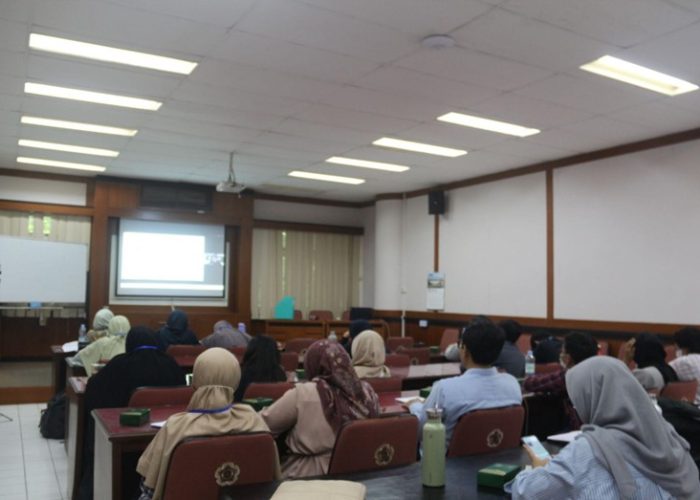
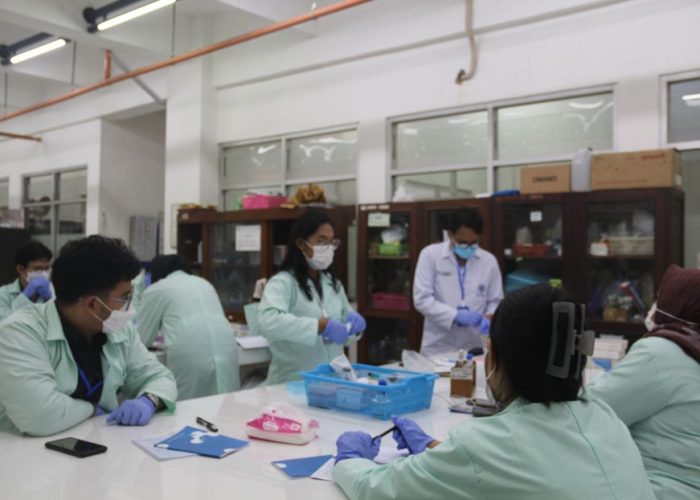
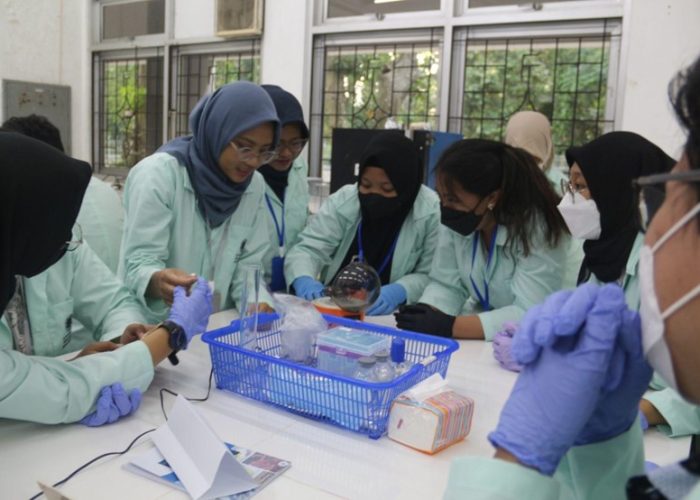
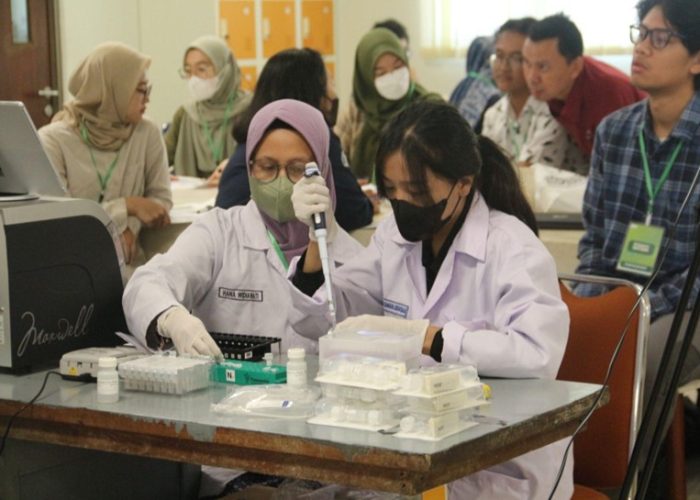
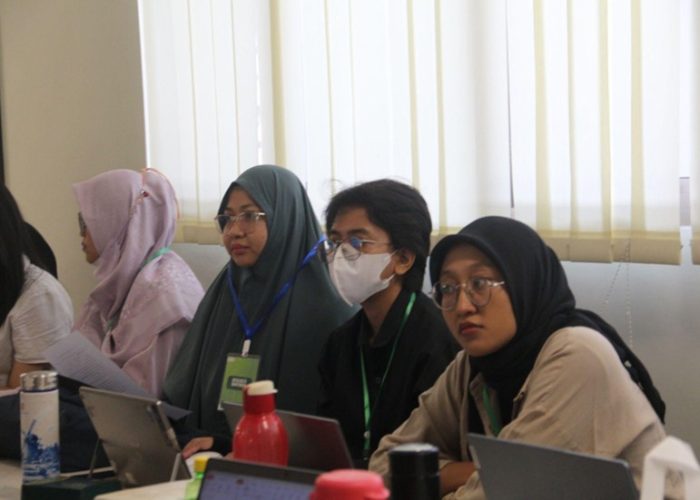
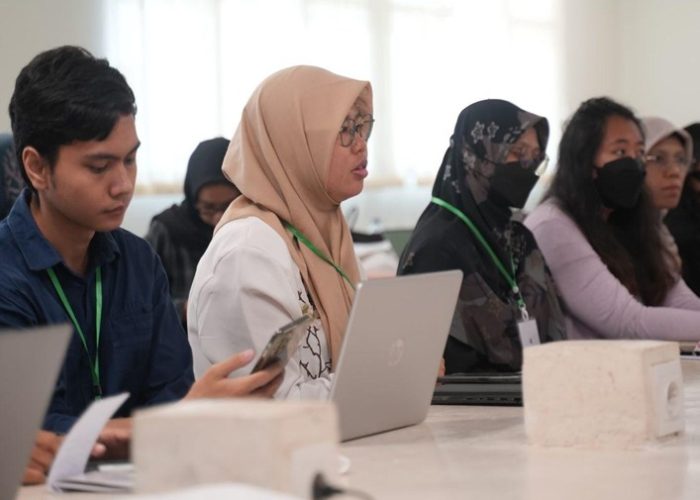
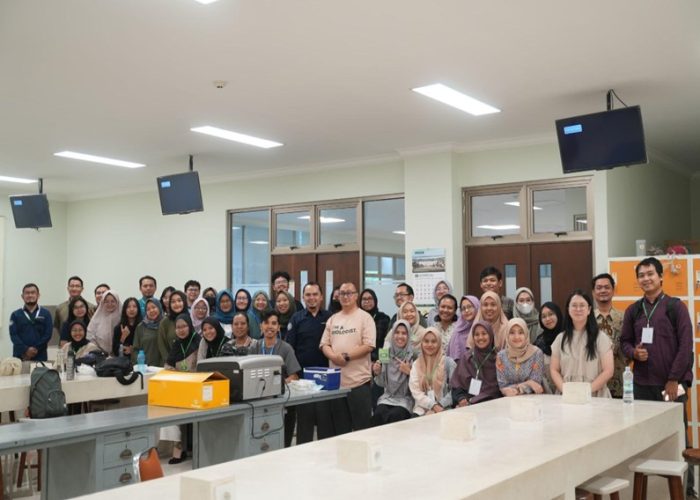
CooperationNews Release Thursday, 14 November 2024
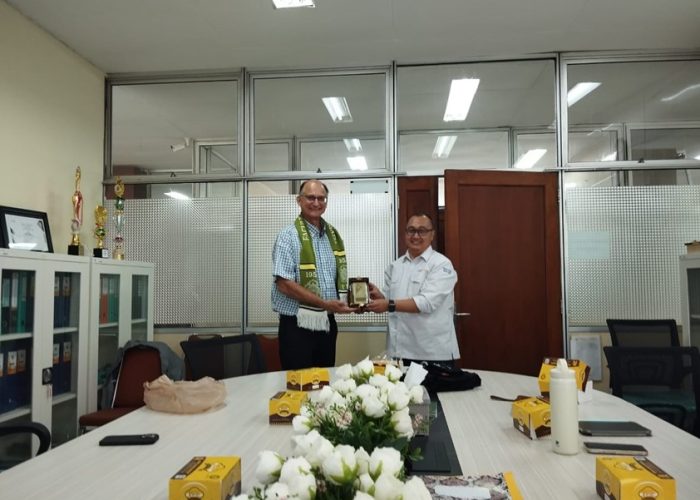
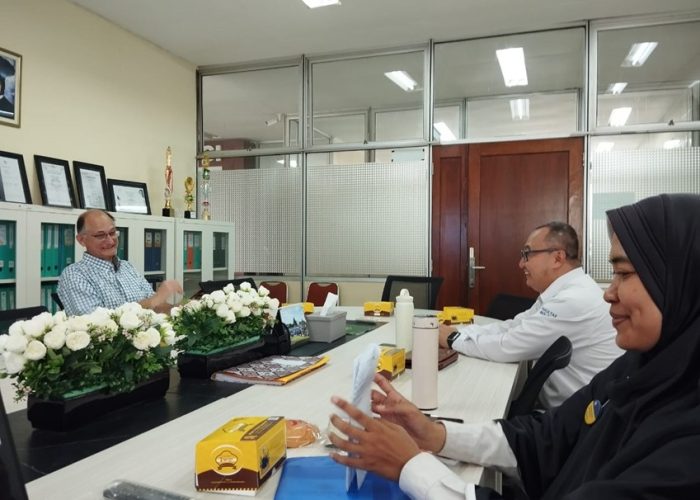
News Release Thursday, 14 November 2024
On Tuesday and Wednesday, November 12-13, 2024, a training on Cytogenetics, Molecular Genetics, and Bioinformatics titled “Sanger Sequencing & Next Generation Sequencing” was held. The event is located at the Tropical Biology Auditorium, the Genetics and Breeding Laboratory, and Teaching Laboratory Faculty of Biology UGM. This event was attended by 10 participants from various professional backgrounds, including students, researchers, doctors, and lecturers from various institutions across Indonesia. It served as a platform for participants to enhance participant’s knowledge and skills in the field of molecular biology.
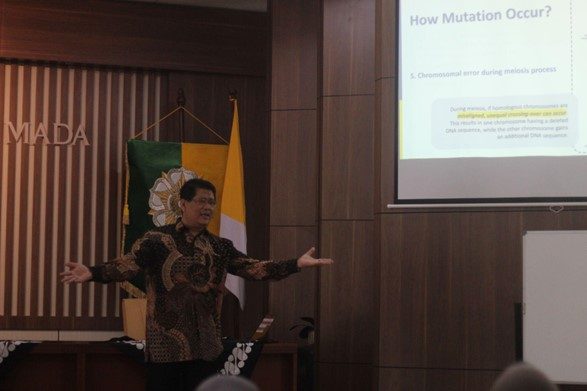
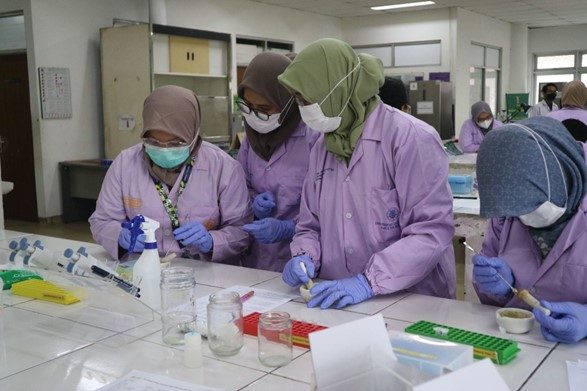
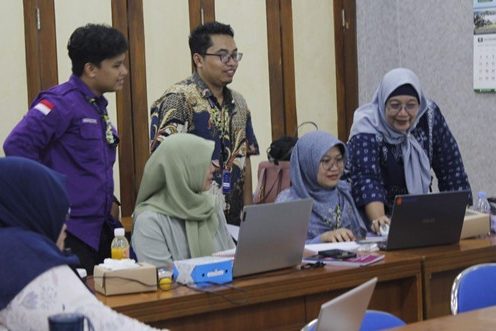
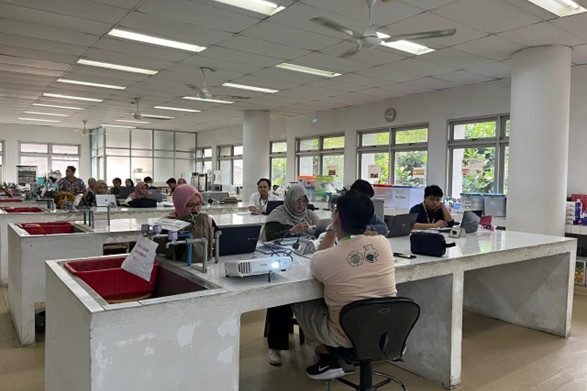
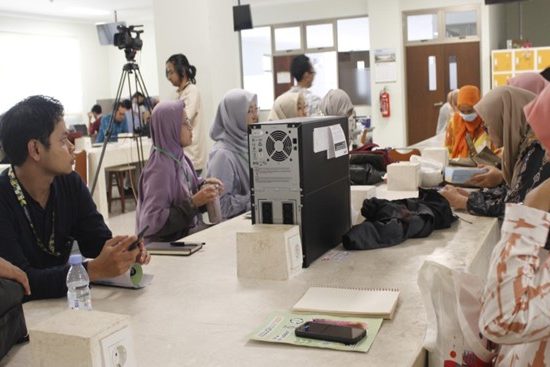
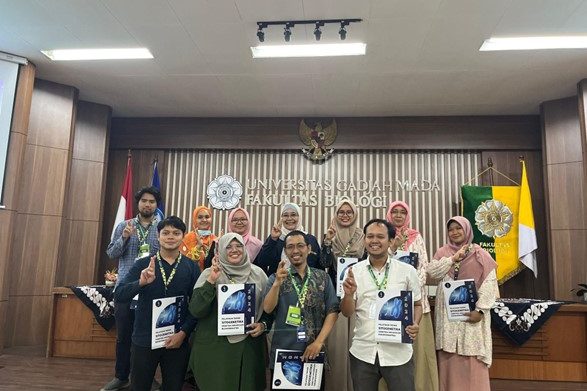
On the first day, Tuesday, November 12, 2024, the activities began with registration and an opening address by the Dean of the Faculty of Biology UGM, Prof. Dr. Budi Setiadi Daryono, M.Agr.Sc., at the Tropical Biology Auditorium Faculty of Biology UGM. This was followed by lecture on Molecular Genetics concerning Genetic Variation at the Species and Cultivar Levels by Prof. Dr. Budi Setiadi Daryono, M.Agr.Sc. Participants then took part in a practical session on DNA extraction and nanodrop, as well as PCR and electrophoresis in the Genetics and Breeding Laboratory Faculty of Biology UGM. The event then concluded with a lecture on the Analysis of Sanger Sequencing Data Results, Blasting and Alignment, GeneStudio, MEGA, GenAlex, Network, and DnaSP by Dra. Tuty Arisuryanti, M.Sc., Ph.D., followed by a closing session at the Tropical Biology Auditorium Faculty of Biology UGM.
On the second day, Wednesday, November 13, 2024, the activities began with participant re-registration at the Genetics and Breeding Laboratory Faculty of Biology UGM. Participants guided on Next Generation Sequencing (NGS) data analysis and conducted phylogenetic tree practice using the Maximum Likelihood (IQTree) and Bayesian Inference (MrBayes) approaches. Later, participants joined activities within the Faculty of Biology UGM’s Research Day, including a lecture and introduction to Next Generation Sequencing (NGS) at Teaching Laboratory Faculty of Biology UGM. The workshop concluded with a certificate ceremony at the Tropical Biology Auditorium Faculty of Biology UGM.
This training aligns with Sustainable Development Goals (SDGs) by supporting Goal 4 (Quality Education), particularly in Genetics, by expanding knowledge and skills in modern genetic techniques such as Sanger Sequencing and NGS analysis. It also contributes to Goal 9 (Industry, Innovation, and Infrastructure) by fostering advancements in molecular genetics and bioinformatics research and innovation in Indonesia. Furthermore, it promotes SDG Goal 17 (Partnerships for the Goals) by encouraging stronger collaboration between participants from various institutions in Indonesia and the Faculty of Biology UGM.
News Release Thursday, 14 November 2024
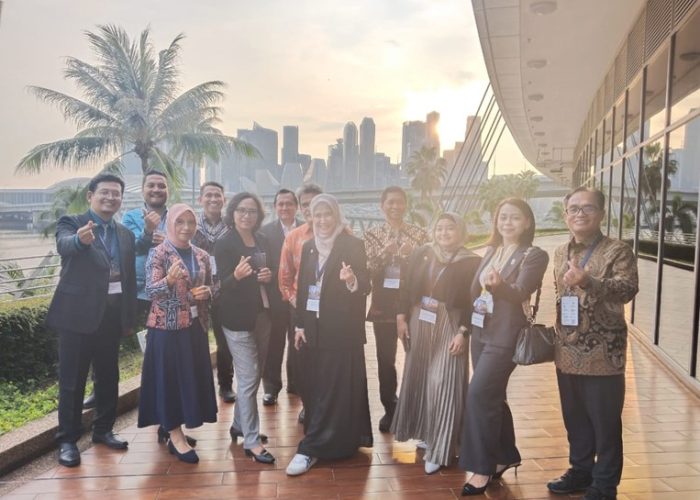
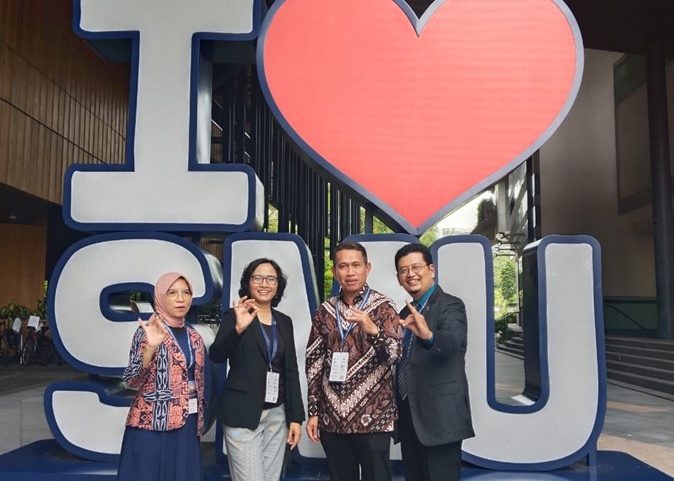
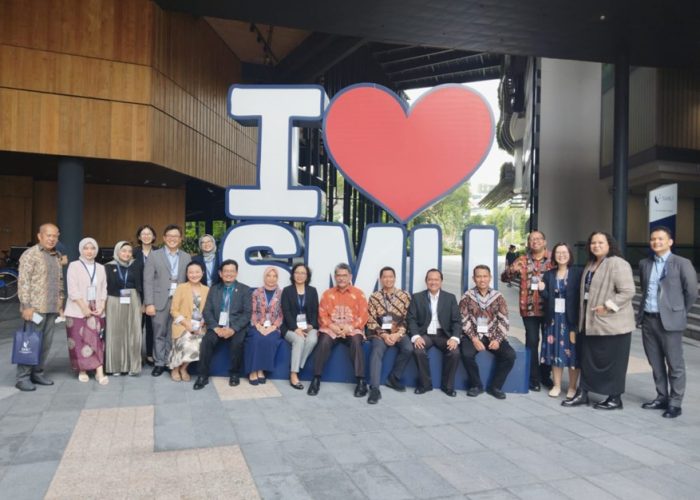

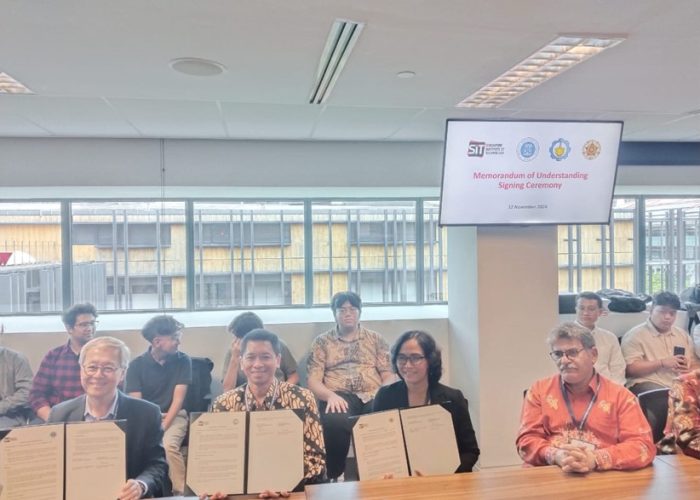
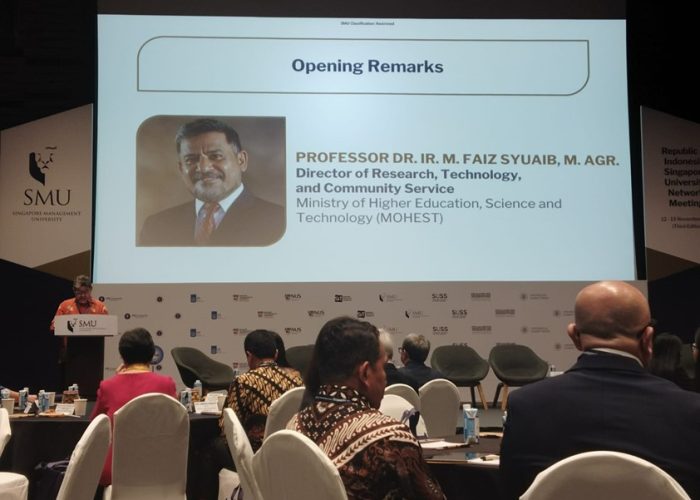
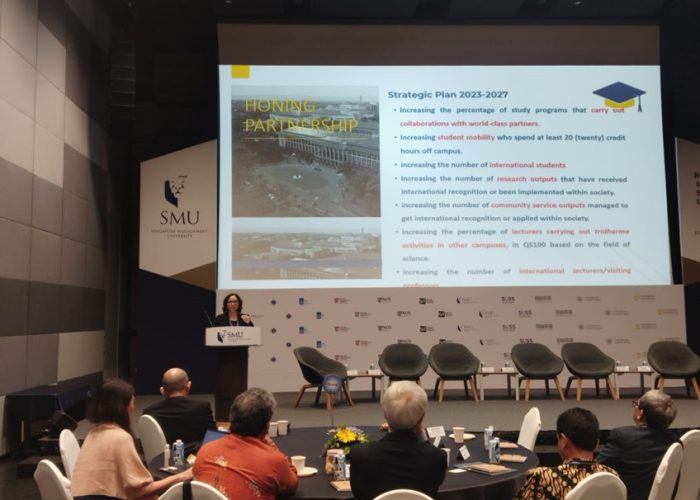
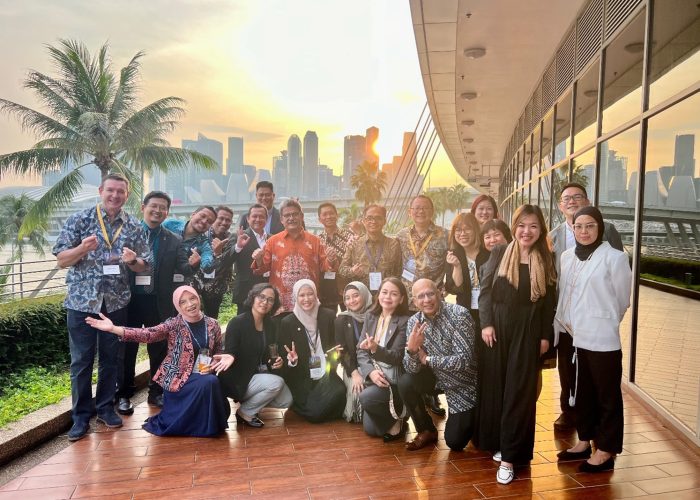
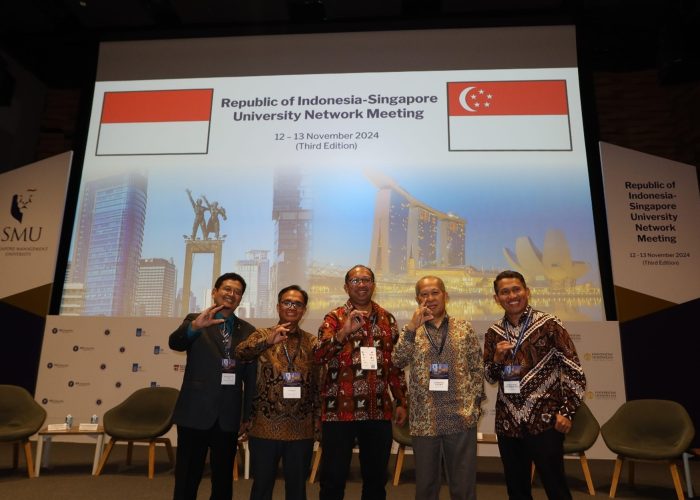

News Release Wednesday, 13 November 2024
